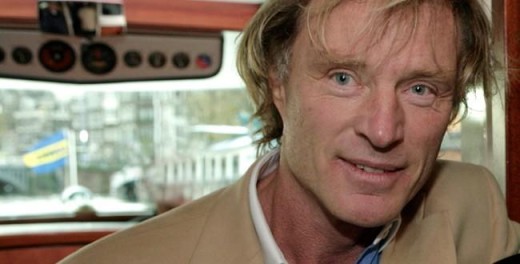
The promise to the public made by politicians was greater economic growth, prosperity for all and reduced inequality with autonomy. But after six years, the conclusion is, that it did not.
The absence of the warranty function by The Hague, real or perceived, left the island, in the eyes of foreign investors, as something hardly more than a banana republic. The assassination of a political leader, Wiels, eroded the little confidence that was left. Today, Curacao scores as one of the least attractive investment regions in the world, at par with Niger, in Africa.
The new government has at the top of her priority list, the road to independence and again with the same false promises, greater prosperity, wealth and equality for all.
The State, which already owns close to 30% of the island economy, intends to use “state capitalism,” taxpayers money, land and industrial assets, and leveraging as its tool. Unfortunately, the Island community lacks robust institutions for oversight of such policies. There are little or no checks-and-balances, no policing of cronyism, favoritism, and nepotism, as has become apparent time after time, not before and not after 2010.
It appears that the new political drive is to get rid of the only such functioning institution, the CFT. Note: The CFT was initiated by The Hague, and installed with mutual consent after a very significant contribution of Naf. 3 billion by The Netherlands, to the island. It was all done within the best Dutch tradition, copy-cat, and without much discussion, or evaluating philosophy and ideology. At the formation of the autonomous island on 10-10-10, setting up a democratic government was, therefore automatic, and without any second thought. But it may not have been the best way to govern the island and create prosperity.
Democracy was sold to the world as the one, and the only road to economic growth and wealth equality. Over the last 50 years, it turned out to be a false promise. Autocratic countries, like China, lifted just as many people out of poverty as democratic, like India. And the other way around, democracies, like Indonesia and the Philippines, with record economic growth rates, are still at par with autocracies like Singapore, Hong Kong, and Malaysia.
Closer to home, we witnessed how Brazil, under Lula da Silva and Dilma Rousseff, moved to a greater form of democracy than ever before in Brazil’s history, but the promised wealth increase for all never materialized.
Lula had developed a very promising mixture of democracy, state capitalism and free markets, some unique form of Public Private Partnership. But an unfortunate marriage of politics (and corruption) and free markets, caused “statist” companies, like Petrobras, to fail. In Argentine, the Kirchner- autocracy left democracy out altogether, but nevertheless, their PPP soon dominated the entire economy, not withstanding default on old loans.
A large number of countries tried to emulate the Brazilian model of expanded democracy, hand in hand with authoritarian, or autocratic state capitalism. Thailand loved Brazil’s model, but left the “democracy” part out, once Thaksin and his sister came to power. Thailand even witnessed massive street demonstration against democracy and in favorite of autocratic “statism.”
Curacao’s democratic institutions were “copy-paste” of the Dutch city and town administrative laws. For a mere 150,000 people, a gigantic government evolved with enough capacity for four or five times such population, if one had the training. The administrative colossus has not much efficacy and has become a slow creeping syrup, which kills most citizen’s initiative. Using the back door to get at least something done, became the only way to survive, which made corruption endemic. State capitalism soaked up all initiative: the economy is dominated by power of politicians with secret private scenarios; islands entrepreneurship may as well be dead. The new government is promising, improvement but with even larger overhead and more regulation. The team of Ministers is one of civil servants; none of them has any idea what drives entrepreneurs.
By Jacob Gelt Dekker
Opinion columnist for Curaçao Chronicle


You talk a lot and point out all the negatives. But, what are the solutions. We have to give the people some kinda of hope for prosperity. Otherwise, we might as well condemn good efforts of the few good men that are left.